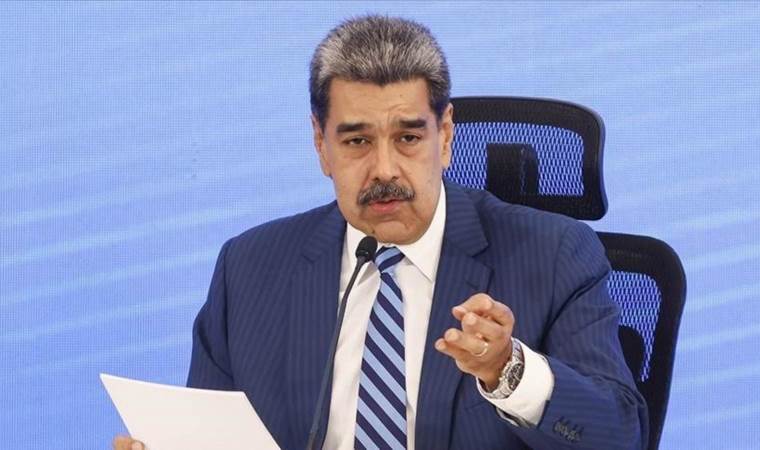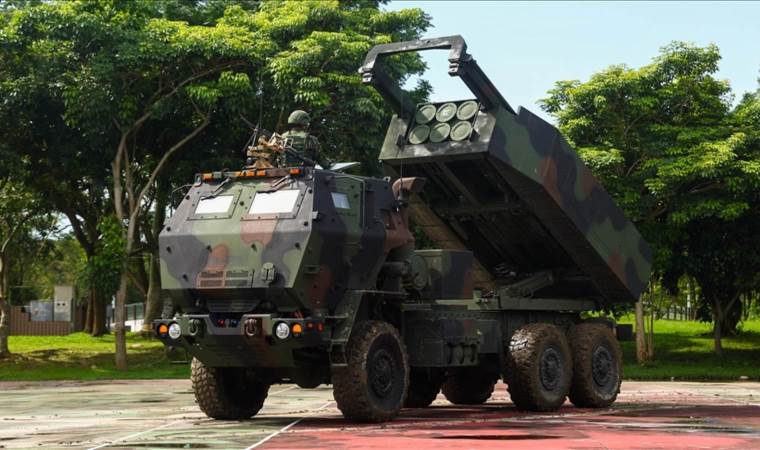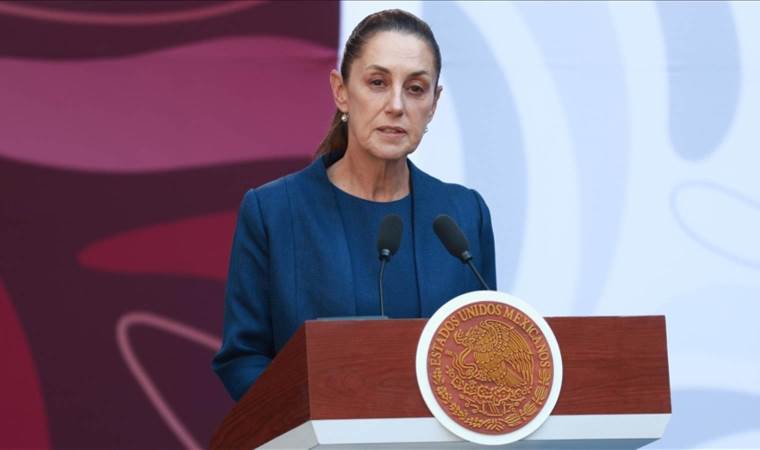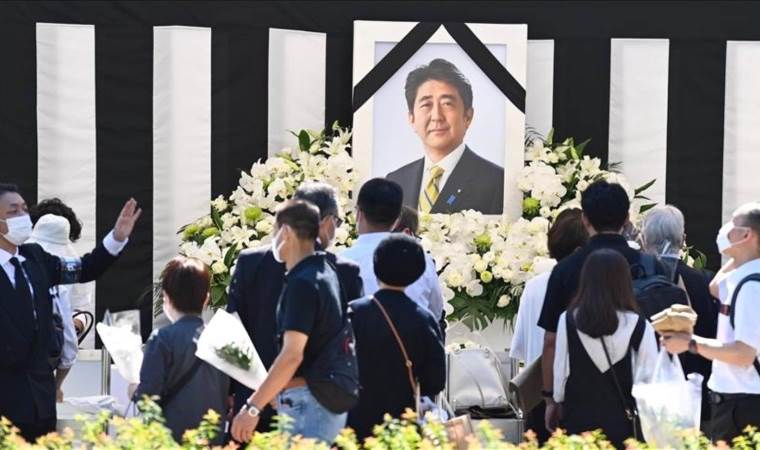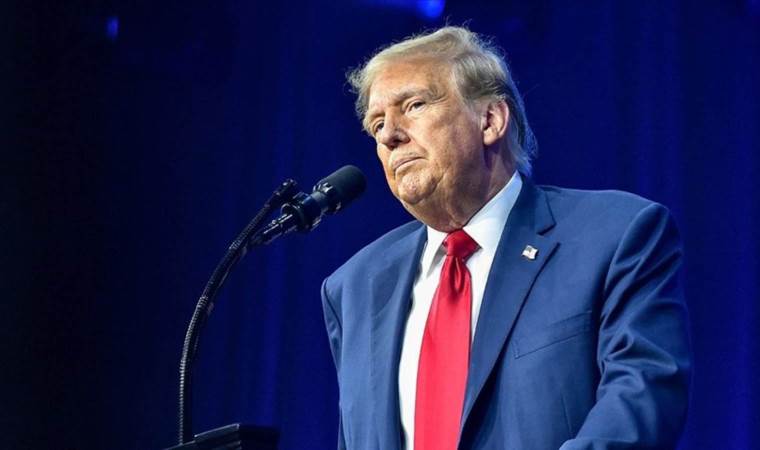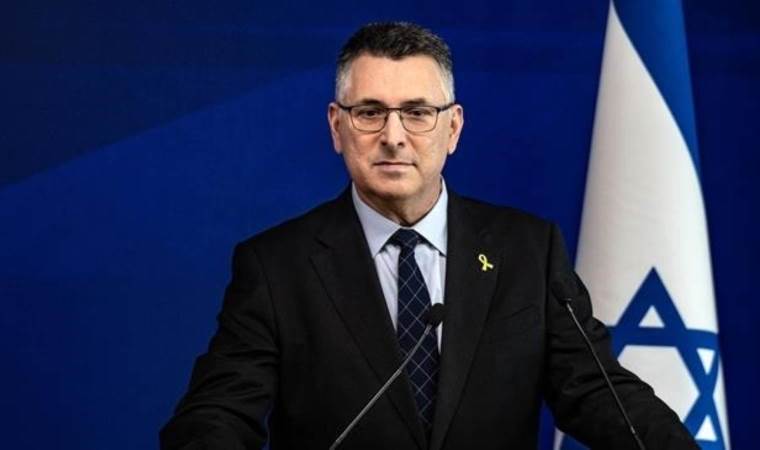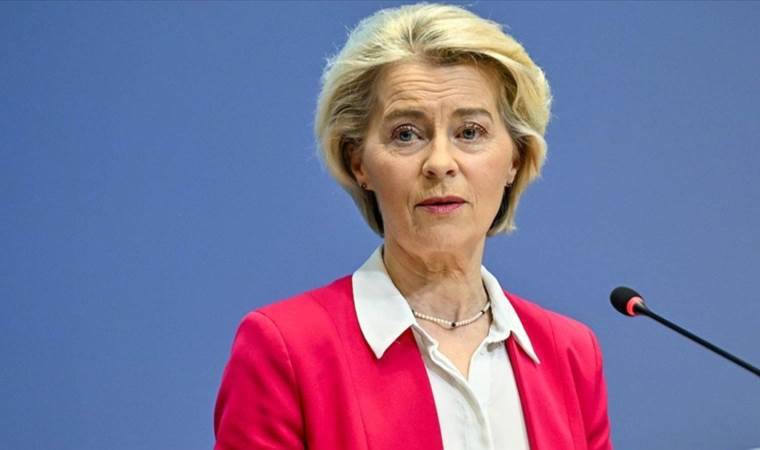Kremlin says 'important' agreements on Ukraine reached in Istanbul, work continues
Kremlin spokesman Dmitry Peskov said Tuesday that agreements reached between Russia and Ukraine at Monday talks in Istanbul were "important" but a quick breakthrough toward the end of the conflict should not be expected.
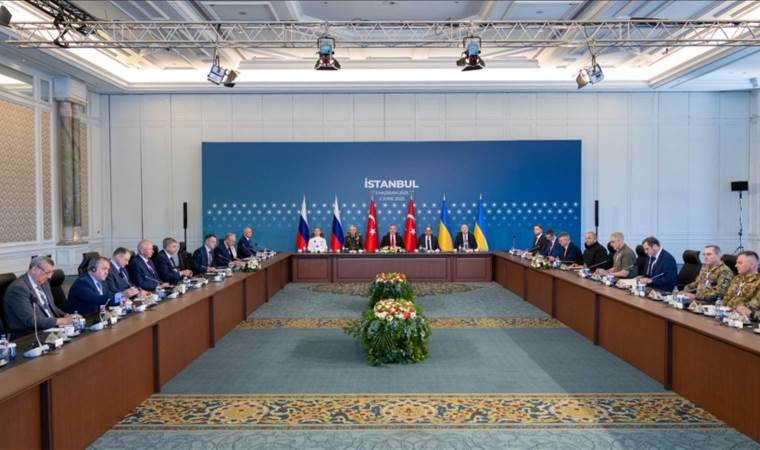
Speaking at a press briefing in Moscow, Peskov emphasized that one should not expect "immediate solutions and breakthroughs" due to the complexity of the problem, however, the work continues.
"Of course, it would be wrong to expect immediate solutions and breakthroughs. But the work is proceeding, and certain agreements were reached in Istanbul. They are important, as ultimately, they concern people's lives. These agreements will be implemented, and the work will continue," he said.
Peskov also said Russia handed to Ukraine the memorandum containing Moscow's vision on the settlement with "many provisions, including multiple options."
"Once again, let me emphasize that we have repeatedly said the issue of settling the conflict is extremely complex and encompasses a multitude of intricate details," he said. "Everything is geared towards eliminating the initial causes of the conflict and transitioning onto a trajectory of sustainable settlement."
Asked about a trilateral meeting between Russian, US, and Ukrainian presidents, the official said it is unlikely to take place in the near future.
"(Russian) President (Vladimir) Putin has repeatedly stressed his readiness for high-level contacts, while emphasizing that these contacts should be the result of agreements that will be worked out at the technical and expert level. President Putin supports the idea of contacts, but believes that they should be well prepared," he said.
Peskov also criticized Ukrainian President Volodymyr Zelenskyy, saying he spoke insolently about the Russian delegation, and that such behavior does not align with the spirit of negotiations.
Istanbul hosted the second round of Russia-Ukraine talks on Monday, after the first one on May 16. This time, the two sides agreed to exchange more prisoners of war -- focusing on the youngest and most severely wounded -- and return the bodies of 12,000 soldiers that have been killed in the armed conflict.
Most Read News
-
 4 killed in latest US strike on alleged ‘narco-trafficki
4 killed in latest US strike on alleged ‘narco-trafficki
-
 Venezuelan president appeals to Colombian military for h
Venezuelan president appeals to Colombian military for h
-
 Trump greenlights over $11B in new arms packages for Tai
Trump greenlights over $11B in new arms packages for Tai
-
 Mexico's president urges UN to intervene in Venezuela to
Mexico's president urges UN to intervene in Venezuela to
-
 Japanese prosecutors seek life sentence for assassin of
Japanese prosecutors seek life sentence for assassin of
-
 Trump touts 'Warrior Dividend,' record in address to nat
Trump touts 'Warrior Dividend,' record in address to nat
-
 Israeli foreign minister claims interest in Syria deal d
Israeli foreign minister claims interest in Syria deal d
-
 EU must cut overdependencies to stay competitive, von de
EU must cut overdependencies to stay competitive, von de

